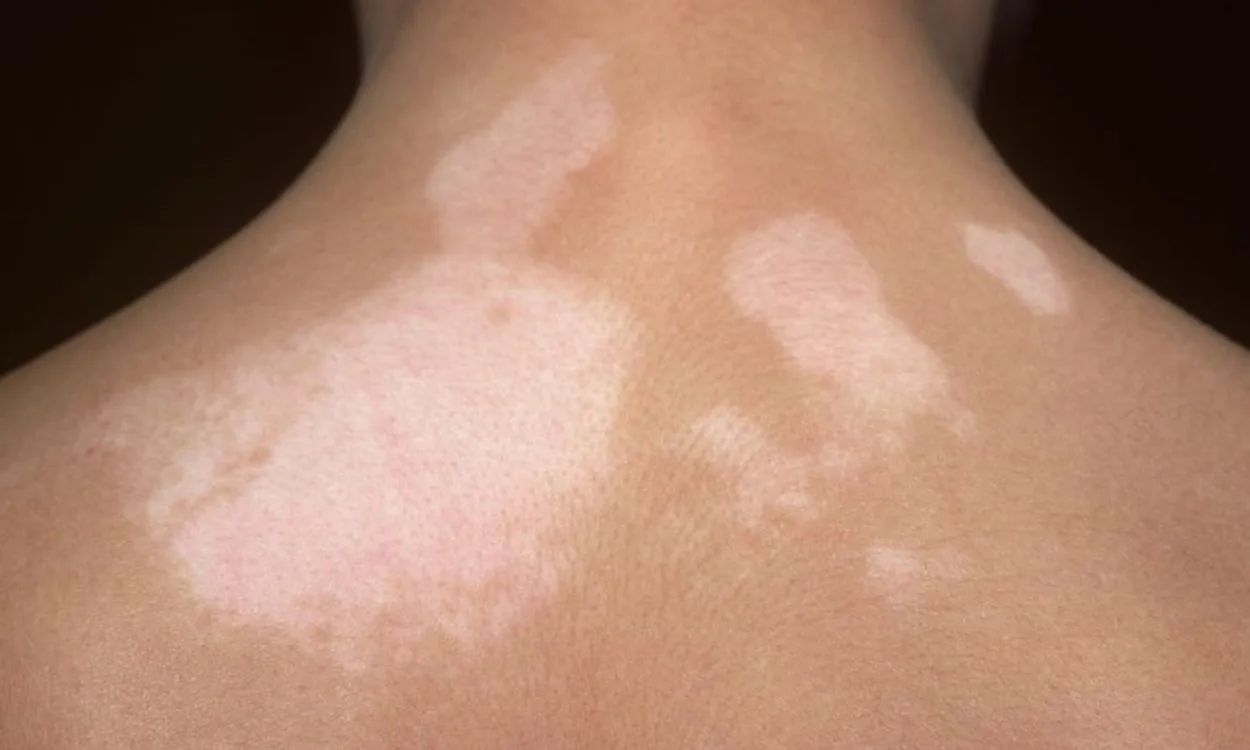Can Thyroid Disorders Lead to Skin Discoloration?
Thyroid disorders can indeed lead to skin discoloration due to the significant impact these conditions have on the body’s hormonal balance. The thyroid gland plays a crucial role in regulating various bodily functions, including metabolism, temperature regulation, and skin health. When the thyroid gland is underactive (hypothyroidism) or overactive (hyperthyroidism), it can result in noticeable changes in the skin’s appearance and texture. Here’s a detailed exploration of how thyroid disorders can manifest in skin discoloration and related symptoms.
Understanding Thyroid Disorders and Skin Discoloration
Hypothyroidism and Skin Changes
Hypothyroidism, characterized by an underactive thyroid gland, can lead to a range of skin-related symptoms. One common manifestation is dry, pale, and cool skin, often accompanied by a yellowish tint. This yellowing of the skin, known as carotenemia, occurs due to the accumulation of carotene in the blood, a result of reduced thyroid function. Additionally, individuals with hypothyroidism may experience puffiness, especially in the face, which can further contribute to changes in skin color and texture.
Hyperthyroidism and Skin Changes
In contrast, hyperthyroidism, marked by an overactive thyroid gland, can also influence the skin’s appearance. Patients with hyperthyroidism may exhibit warm, moist skin and excessive sweating. This can lead to skin discoloration in the form of flushed or reddened areas, particularly on the palms and soles of the feet. In some cases, individuals with hyperthyroidism may also develop a condition called pretibial myxedema, characterized by localized thickening and reddening of the skin, often on the shins.
Other Skin-Related Symptoms of Thyroid Disorders
Vitiligo
Thyroid disorders, particularly autoimmune conditions like Hashimoto’s thyroiditis, have been associated with an increased risk of developing vitiligo. Vitiligo is a skin condition characterized by the loss of pigment-producing cells, resulting in the development of white patches on the skin. While the exact link between thyroid disorders and vitiligo is not fully understood, it underscores the systemic impact of thyroid dysfunction on skin health.
Dry, Flaky Skin
Both hypothyroidism and hyperthyroidism can contribute to changes in skin texture, often leading to dryness and flakiness. This can be attributed to alterations in the skin’s moisture levels and reduced turnover of skin cells, which may result from hormonal imbalances associated with thyroid disorders.
Seeking Professional Guidance
If you suspect that your thyroid function may be influencing changes in your skin’s color or texture, it is essential to consult a healthcare professional for a comprehensive evaluation. Dermatologists, endocrinologists, and other specialists can work together to assess your thyroid health and address any associated skin-related concerns.
Introducing Fitpaa: Your Partner in Health and Wellness
While thyroid disorders can indeed impact skin discoloration, it’s vital to take a holistic approach to address overall health and well-being. At Fitpaa, we understand the interconnectedness of various bodily systems and prioritize personalized, evidence-based solutions to help individuals achieve their health and fitness goals.
Empowering Your Health Journey with Fitpaa
Fitpaa’s comprehensive approach to health and wellness encompasses cutting-edge AI-driven metabolism monitoring and management technology, designed to optimize overall well-being and vitality. Our commitment to your well-being is unwavering, and our personalized Fitpaa Capsule, crafted by a multidisciplinary team of experts, is tailored to support your unique metabolism, lifestyle, and health objectives.
How Fitpaa Works
1. Metabolism Assessment: Gain insights into your current metabolism through our advanced technology, paving the way for targeted interventions.
2. Personalized Fitpaa Capsule: Benefit from a customized health and fitness plan, encompassing medical therapy, exercise therapy, nutrition therapy, and cognitive behavior therapy, all aimed at optimizing metabolism and achieving guaranteed results.
3. Daily Guidance and Support: Seamlessly integrate your personalized plan into your daily routine with the aid of real-time guidance and a suite of tools within the Fitpaa app, ensuring consistent progress and motivation.
Your Journey to Vibrant Health Begins Here
At Fitpaa, we are dedicated to transforming lives and fostering a community of individuals who prioritize their well-being. Our unwavering commitment to your health and fitness journey is underscored by our goal-oriented services, backed by a lifetime validity. We invite you to experience the joy of achieving your health and fitness goals with guaranteed results through Fitpaa.
Join the Fitpaa Community Today Embrace a future of vitality, confidence, and well-being. Download the Fitpaa app and embark on a transformative journey towards your dream life, fueled by personalized support and evidence-based solutions. Your well-being is our mission, and we are here to guide you every step of the way.
In conclusion, the intricate relationship between thyroid disorders and skin discoloration underscores the importance of comprehensive health management. By leveraging the innovative solutions offered by Fitpaa, individuals can embark on a journey towards holistic well-being, supported by a dedicated team of experts and cutting-edge technology. Don’t let thyroid disorders hinder your vitality – empower yourself with Fitpaa and embrace a future of vibrant health and wellness.









